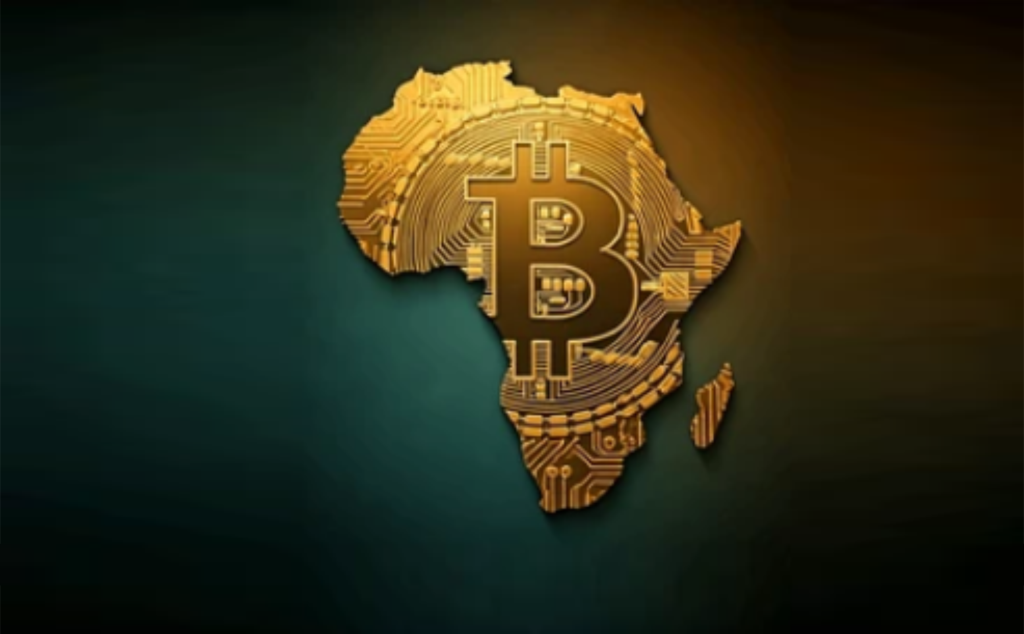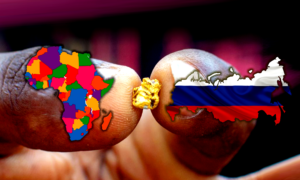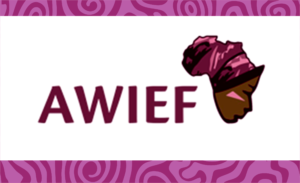Africa’s Crypto Revolution: the 2025 Digital Currency Boom Reshaping a Continent

In homes, markets, and ministries across Africa, a quiet revolution is rewriting the story of money. From the bustling tech hubs of Lagos to rural cooperatives in Mali, the continent is reinventing finance — not through traditional banking halls or IMF programs, but through strings of encrypted code.
By 2025, more than 15 African nations have either launched or are piloting Central Bank Digital Currencies (CBDCs). Nigeria’s eNaira, the pioneer, now boasts over 15 million active users, having transformed from a policy experiment into a national payment ecosystem. Its ripple effects stretch far beyond Nigerian borders, inspiring digital currency projects like Ghana’s eCedi and Senegal’s digital franc, creating what many call a West African digital corridor.

“What began as an experiment in financial inclusion has become the foundation of a new monetary order,” says Dr. Amina Bello, a Lagos-based fintech analyst. “For the first time, central banks are speaking the same digital language as their citizens.”
The cryptocurrency boom in Africa isn’t being led by traders in skyscrapers, it’s powered by families and small business owners. In the Nigeria-Ghana remittance corridor, crypto platforms now process over $2 billion annually, slashing transfer costs from 10% to under 1%. For families depending on diaspora relatives, that’s not theory but survival.
A mother in Accra now receives her son’s London wages in seconds rather than days. Street vendors in Nairobi can accept payments in digital shillings directly linked to M-Pesa wallets. Across Ethiopia, diaspora investors are using crypto channels to fund family-run agribusinesses and solar projects.
Just a few years ago, many African governments treated cryptocurrency as a threat. Morocco outright banned it. Kenya oscillated between warnings and silence. But by 2025, regulation, not prohibition, has become the new norm.
The African Union’s digital asset framework, rolled out between 2024 and 2025, marks the world’s largest coordinated attempt to regulate cryptocurrency. It sets common rules for cross-border transactions, anti-money-laundering (AML) compliance and consumer protection, while preserving each nation’s monetary sovereignty.
Morocco, once one of crypto’s fiercest critics, has pivoted dramatically. Its new blockchain regulatory framework encourages innovation while enforcing oversight of speculative trading, a balance that has drawn fresh international investment. Rwanda, meanwhile, has become a regional blockchain hub, hosting over 200 companies thanks to clear tax incentives and streamlined licensing.
Digital Trade and the AfCFTA Synergy: Africa’s crypto story is not just about individuals; it’s about continental commerce. Blockchain and smart contracts are powering a new era of intra-African trade under the African Continental Free Trade Area (AfCFTA). Standard Bank’s pilot smart contract letters of credit have reduced trade finance costs by nearly 40%, helping small exporters move goods faster and more securely.
Agriculture, Africa’s economic backbone, is also being reshaped. Farmers in Ghana and Côte d’Ivoire are now using blockchain-based cocoa traceability systems to prove sustainable practices, earning premium prices and bypassing intermediaries through direct crypto payments.

Powering Progress from Energy to Inclusion: Africa’s vast renewable energy reserves are being repurposed to fuel crypto mining sustainably. In Ethiopia, hydropower from the Grand Renaissance Dam is being used to run carbon-neutral mining facilities. In Kenya, geothermal energy supports international mining operations, creating new jobs and local revenue streams. Across Mali and Niger, solar-powered crypto cooperatives are electrifying rural communities that were once off the grid.
At the same time, telecom giants like MTN and Vodacom are integrating cryptocurrency wallets into mobile money services, unlocking access for millions. MTN’s MoMo crypto integration alone counts over 25 million users, creating one of the largest digital financial ecosystems in the world.
Nigeria’s Flutterwave has even developed USSD-based crypto payments, bringing digital transactions to users with basic feature phones, without required internet.
In predominantly Muslim regions of Africa, the rise of Sharia-compliant cryptocurrency products has opened doors for new demographics. These digital tools provide a faith-aligned entry point for millions previously excluded from the financial system, blending tradition with innovation.
Meanwhile, traditional banks that once viewed cryptocurrency as a rival are joining the movement. South Africa’s FirstRand Bank now offers institutional crypto custody, while Ecobank facilitates digital asset exchanges across 33 African countries.
The road to Africa’s crypto future is uneven for all its promise. Cybersecurity risks persist, consumer protection laws lag, and literacy gaps leave millions vulnerable to fraud and misinformation. Yet even critics acknowledge that crypto has already become a pillar of Africa’s informal economy. Stablecoins such as USDC and USDT have become everyday tools in hyperinflation-hit nations like Zimbabwe, offering citizens a stable digital dollar when local currencies crumble.

A Global Shift with African Roots: From a global perspective, Africa’s cryptocurrency ecosystem has become a testing ground for next-generation financial models. Innovations like mobile-integrated CBDCs, offline crypto payments and blockchain-based trade systems, born from necessity in African markets, are now being studied by monetary authorities worldwide.
The continent’s youthful population, rapid mobile adoption, and growing digital literacy make it fertile ground for experimentation. And with each success, Africa’s financial innovations are reshaping not just its own destiny, but the future of global digital finance.
The strategic implications of this revolution extend beyond economics. They touch governance, social mobility, energy, and even identity. Whether through blockchain-based health passports in Kenya or digital diplomas in Ghana, Africa’s crypto experiment is evolving into a broader movement for transparency and empowerment. But the challenge ahead is balance-metrics, ensuring digital finance complements traditional systems not replacing it; and that it empowers citizens without destabilizing economies.
Still, as 2025 unfolds one clear truth that Africa’s crypto revolution is no longer a promise but a reality. Born of creativity, necessity and a collective belief that technology can rewrite the continent’s financial story.






